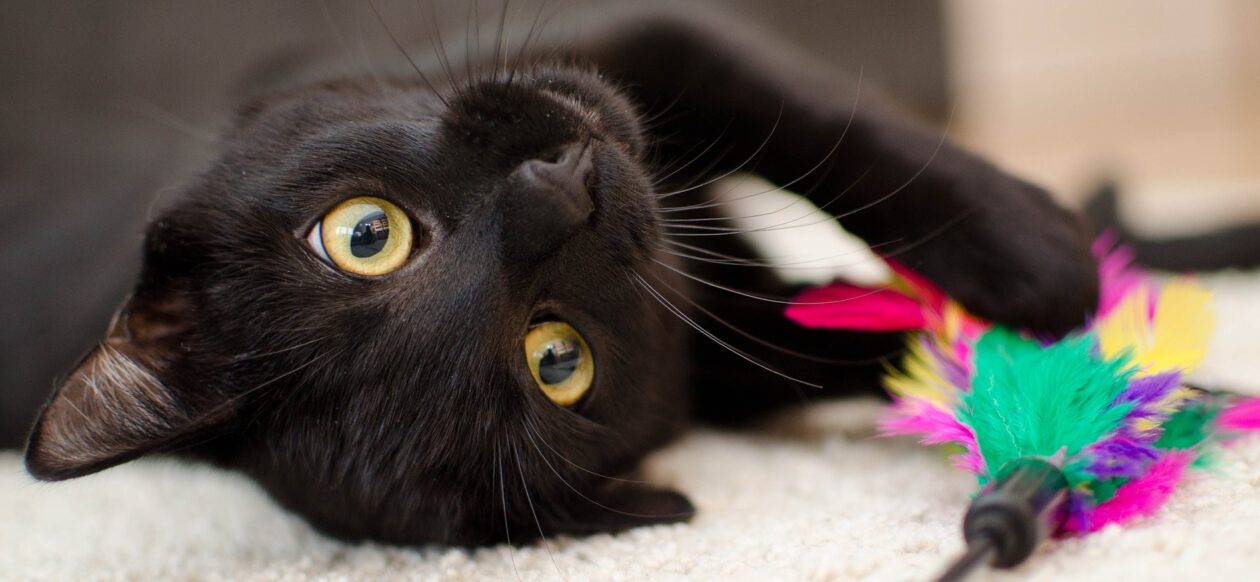February is dental month! Dental disease has become the number one health concern in adult cats. Your cat needs good dental care just like you do. Without it, cats are more prone to problems associated with poor dental hygiene and can get serious and painful dental diseases. Without good dental care cats can suffer from having a painful mouth and as a result, can even stop eating. Good dental hygiene is as important to cats as it is to humans and contributes to your cat’s overall well being, comfort and happiness. The good news is most periodontal disease in cats is completely preventable with good dental care and annual wellness checks.
Roughly 4 out of 5 cats develop periodontal disease. Why? Partly because dental care in cats is often overlooked and left untreated. Cats hide their pain very well though they may be silently suffering, and many cat owners don’t take their cat for regular annual wellness exams each year. Untreated gingivitis (inflammation of the gums) often progresses into gum infection, chronic disease and can even impact vital organs.















